10 Best Crataegus Monogyna Preparations
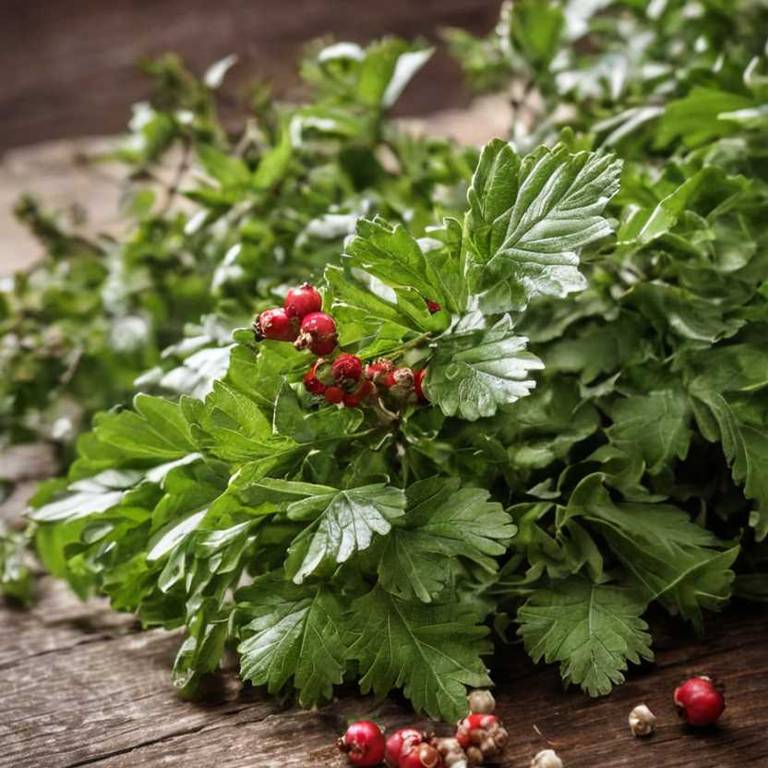
The best medicinal preparations of Crataegus monogyna are teas, decoctions, tinctures, creams, and syrups, each offering unique benefits for various health conditions.
Teas and decoctions are commonly used to support cardiovascular health and reduce anxiety.
Tinctures provide a concentrated form of the herb for more potent therapeutic effects.
Creams are applied topically to alleviate muscle pain and inflammation.
Syrups are often used to soothe respiratory issues and aid digestion.
Below there's a list of the 10 best herbal preparations of crataegus monogyna for medicinal purposes.
- 1. Teas
- 2. Decoctions
- 3. Tinctures
- 4. Creams
- 5. Syrups
- 6. Capsules
- 7. Lozenges
- 8. Oinments
- 9. Linctuses
- 10. Mucillages
1. Teas
Crataegus monogyna teas is commonly used to support cardiovascular health, alleviate anxiety, and improve sleep quality.
This herbal preparation is often employed to treat ailments such as hypertension, arrhythmia, and mild depression. The most common medicinal uses include promoting circulation, reducing stress, and supporting heart function. The bioactive constituents responsible for these effects include flavonoids, proanthocyanidins, triterpene acids, and phenolic compounds.
These compounds contribute to its antioxidant, anti-inflammatory, and cardioprotective properties.
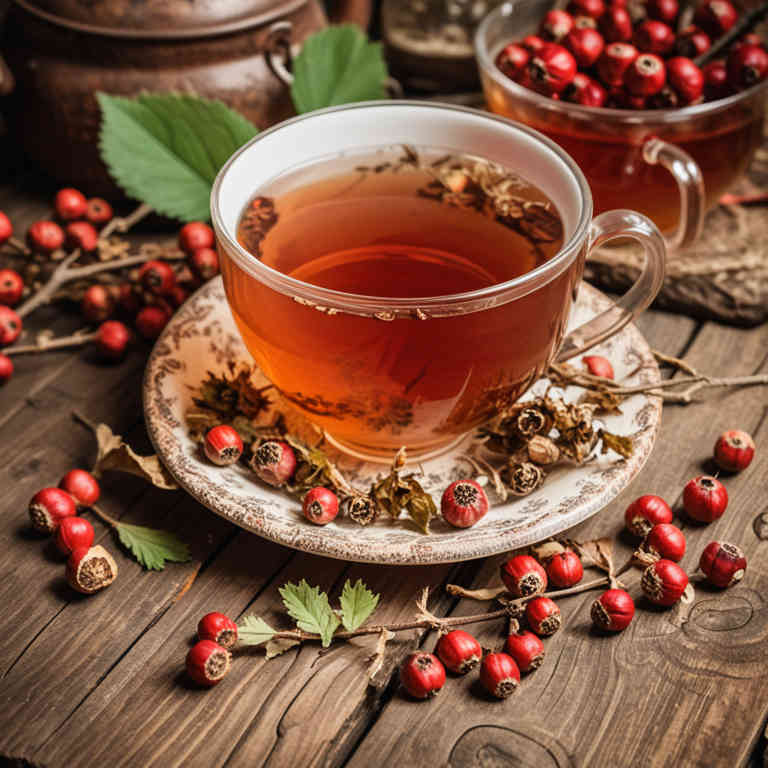
2. Decoctions
Crataegus monogyna decoctions is commonly used to support cardiovascular health, alleviate symptoms of anxiety, and improve sleep quality.
These preparations are often employed to treat ailments such as hypertension, arrhythmia, and insomnia. The most common medicinal uses include managing heart-related conditions and reducing stress-related disorders. The bioactive constituents responsible for these effects include flavonoids, triterpene saponins, and procyanidins, which possess antioxidant, anti-inflammatory, and cardioprotective properties.
These compounds contribute to the plant's ability to enhance circulation, regulate blood pressure, and promote relaxation.
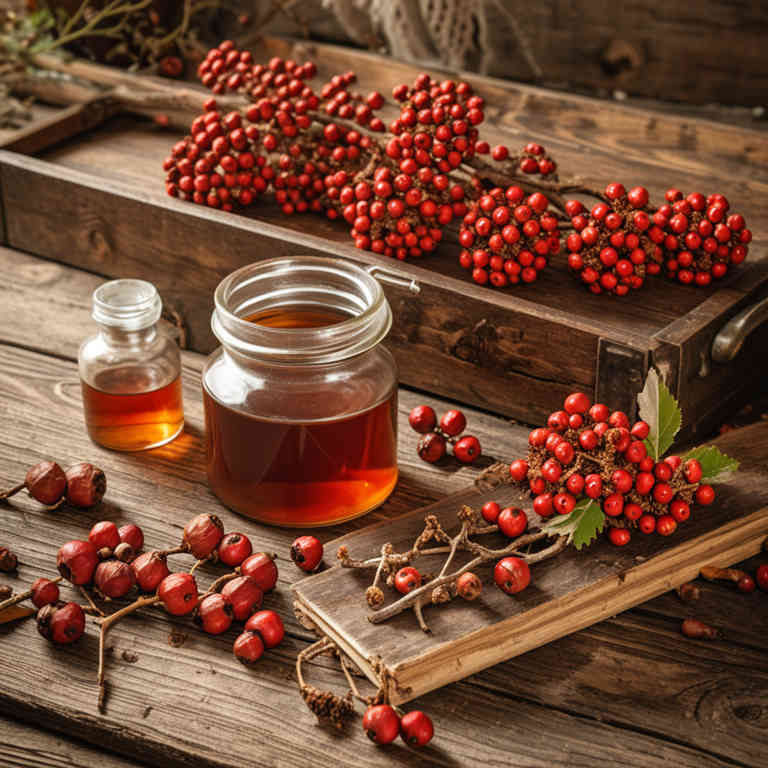
3. Tinctures
Crataegus monogyna tinctures is commonly used to support cardiovascular health, alleviate symptoms of anxiety and insomnia, and improve circulation.
These preparations are often employed to treat ailments such as hypertension, arrhythmia, and mild depression. The bioactive constituents responsible for these effects include flavonoids, triterpenes, and cardiac glycosides, which contribute to the herb's ability to regulate heart function and reduce stress. Additionally, the presence of phenolic compounds and organic acids enhances its antioxidant and anti-inflammatory properties.
This combination of compounds makes Crataegus monogyna tinctures a valuable remedy in traditional and modern herbal medicine.
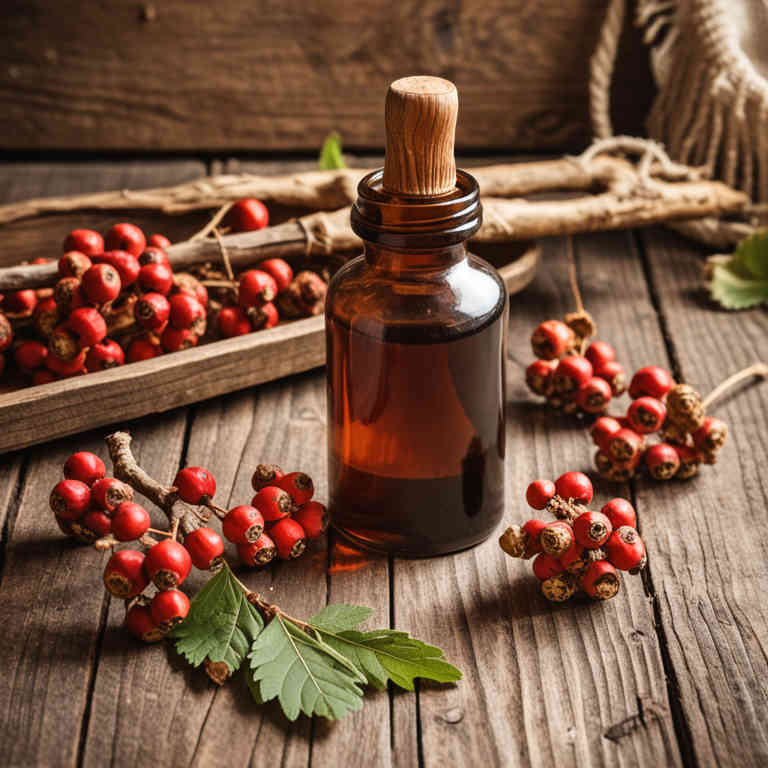
4. Creams
Crataegus monogyna creams is commonly used to alleviate symptoms associated with cardiovascular conditions, such as hypertension and angina.
These creams are often applied topically to reduce inflammation and improve circulation in affected areas. The most common medicinal uses include treating peripheral vascular diseases, varicose veins, and circulatory insufficiency. The bioactive constituents responsible for these effects include flavonoids, triterpenes, and proanthocyanidins, which have antioxidant, anti-inflammatory, and vasodilatory properties.
These compounds work synergistically to enhance blood flow and reduce oxidative stress in the circulatory system.
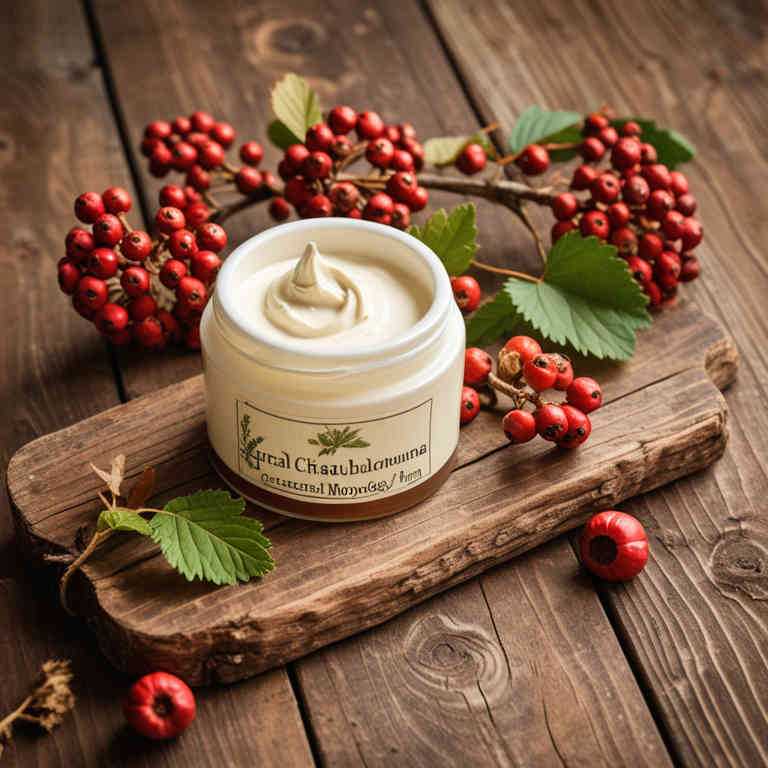
5. Syrups
Crataegus monogyna syrups is commonly used to support cardiovascular health, alleviate symptoms of anxiety, and improve sleep quality.
These syrups are often employed to treat ailments such as hypertension, arrhythmias, and mild to moderate depression. The bioactive constituents responsible for these effects include flavonoids, triterpenes, and oligomeric proanthocyanidins, which contribute to the plant's antioxidant, anti-inflammatory, and cardioprotective properties. Additionally, the presence of cardiac glycosides may help in regulating heart function.
These compounds work synergistically to enhance circulation and reduce stress-related symptoms.
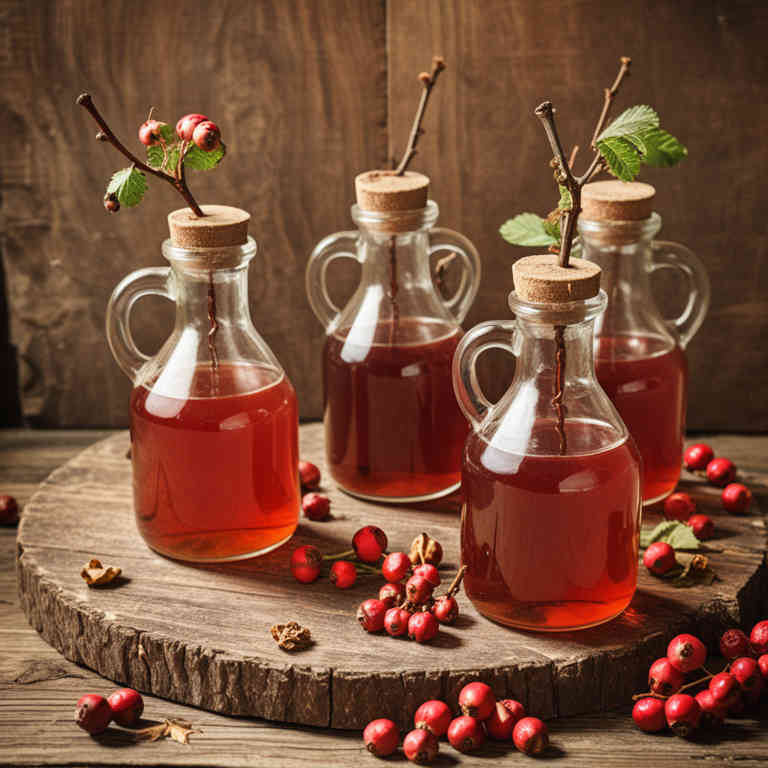
6. Capsules
Crataegus monogyna capsules is commonly used to support cardiovascular health, alleviate symptoms of mild anxiety, and improve sleep quality.
They are frequently employed in the treatment of hypertension, angina, and arrhythmias due to their potential to enhance cardiac function and reduce stress on the heart. Additionally, they may help manage mild depression and promote relaxation. The bioactive constituents responsible for these effects include flavonoids, proanthocyanidins, ursolic acid, and triterpene derivatives, which contribute to antioxidant, anti-inflammatory, and vasodilatory properties.
These compounds work synergistically to support circulatory health and nervous system function.
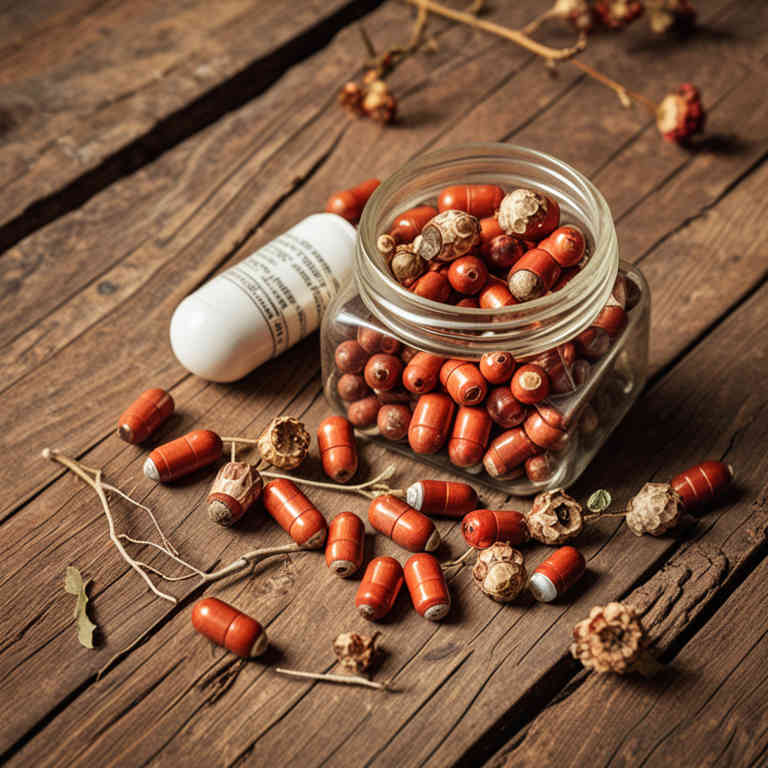
7. Lozenges
Crataegus monogyna lozenges is commonly used to support cardiovascular health, alleviate symptoms of anxiety, and improve respiratory function.
These lozenges are often employed to treat ailments such as hypertension, angina, and mild respiratory conditions like coughs and bronchitis. The bioactive constituents responsible for these effects include flavonoids, triterpene saponins, and oligomeric procyanidins, which contribute to its antioxidant, anti-inflammatory, and vasodilatory properties. Additionally, the presence of phenolic compounds enhances its ability to support heart health and reduce oxidative stress.
These lozenges are also believed to have mild sedative effects, aiding in the management of stress and sleep disorders.
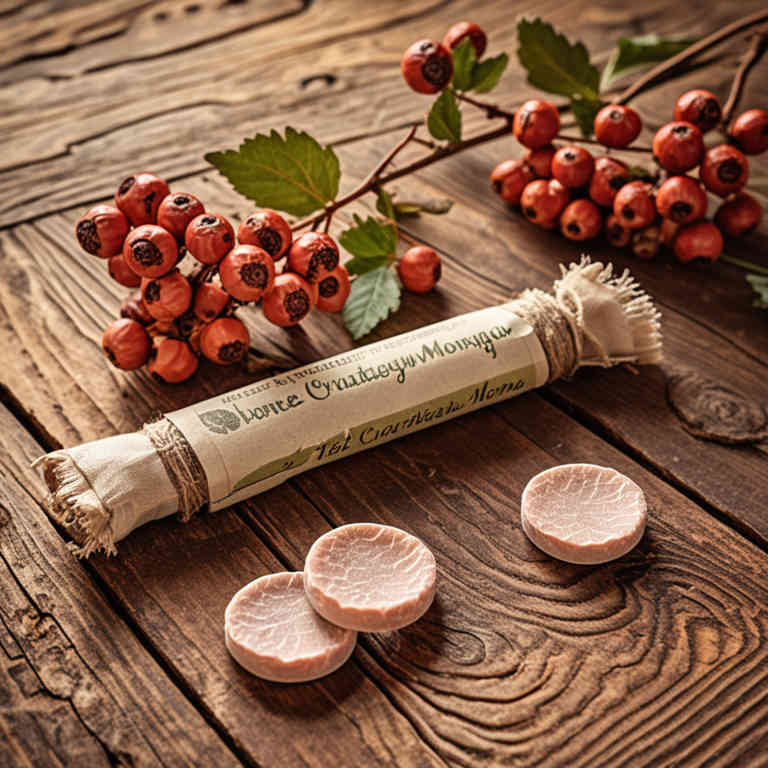
8. Oinments
Crataegus monogyna oinments is commonly used to treat circulatory disorders, particularly those affecting the heart and blood vessels.
These ointments are often applied topically to alleviate symptoms of poor circulation, varicose veins, and peripheral neuropathy. They are also used in the management of hypertension and to support cardiovascular health. The bioactive constituents responsible for these effects include flavonoids, triterpene saponins, and polyphenols, which exhibit anti-inflammatory, antioxidant, and vasodilatory properties.
These compounds work synergistically to improve blood flow and reduce oxidative stress in the cardiovascular system.

9. Linctuses
Crataegus monogyna linctuses is commonly used to alleviate respiratory conditions such as coughs, bronchitis, and asthma due to its soothing and expectorant properties.
This herbal preparation is also used to relieve sore throats and reduce inflammation in the upper respiratory tract. The most common medicinal uses include treating coughs, bronchial irritation, and mild respiratory infections. The bioactive constituents responsible for its medicinal effects include flavonoids, triterpenoids, and mucilage, which have anti-inflammatory, antioxidant, and demulcent actions.
These compounds help to soothe irritated mucous membranes and loosen mucus, making it easier to expel.
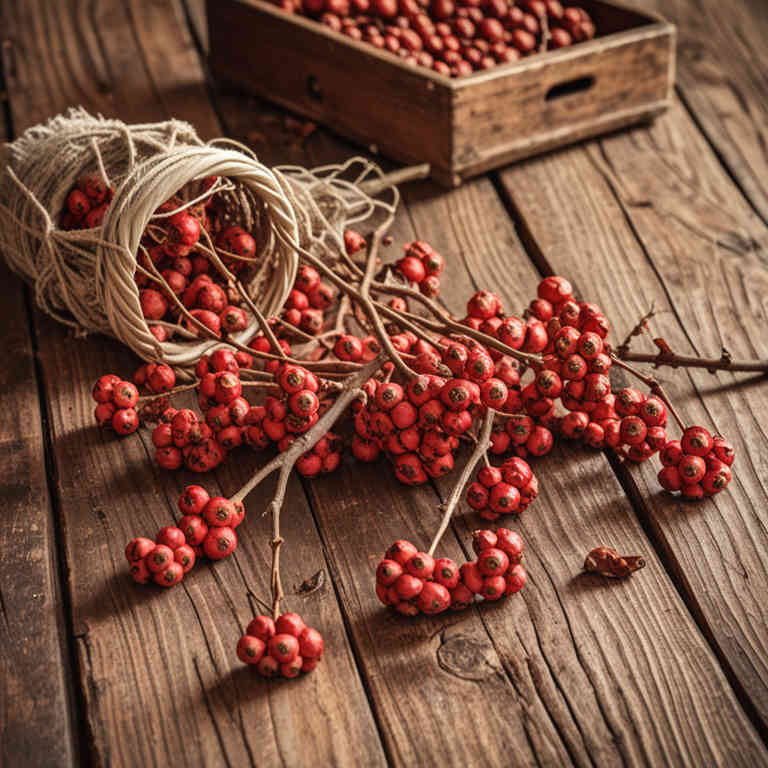
10. Mucillages
Crataegus monogyna mucillages is commonly used to support cardiovascular health, alleviate digestive issues, and reduce inflammation.
This herbal preparation is often employed to treat ailments such as hypertension, heart failure, constipation, and inflammatory conditions like arthritis. The mucillages contain bioactive constituents such as polysaccharides, mucilage, flavonoids, and polyphenols, which contribute to its therapeutic effects. These compounds exhibit antioxidant, anti-inflammatory, and cardio-protective properties.
Additionally, the mucilage's ability to form a protective layer in the gastrointestinal tract aids in soothing irritation and promoting digestive health.
